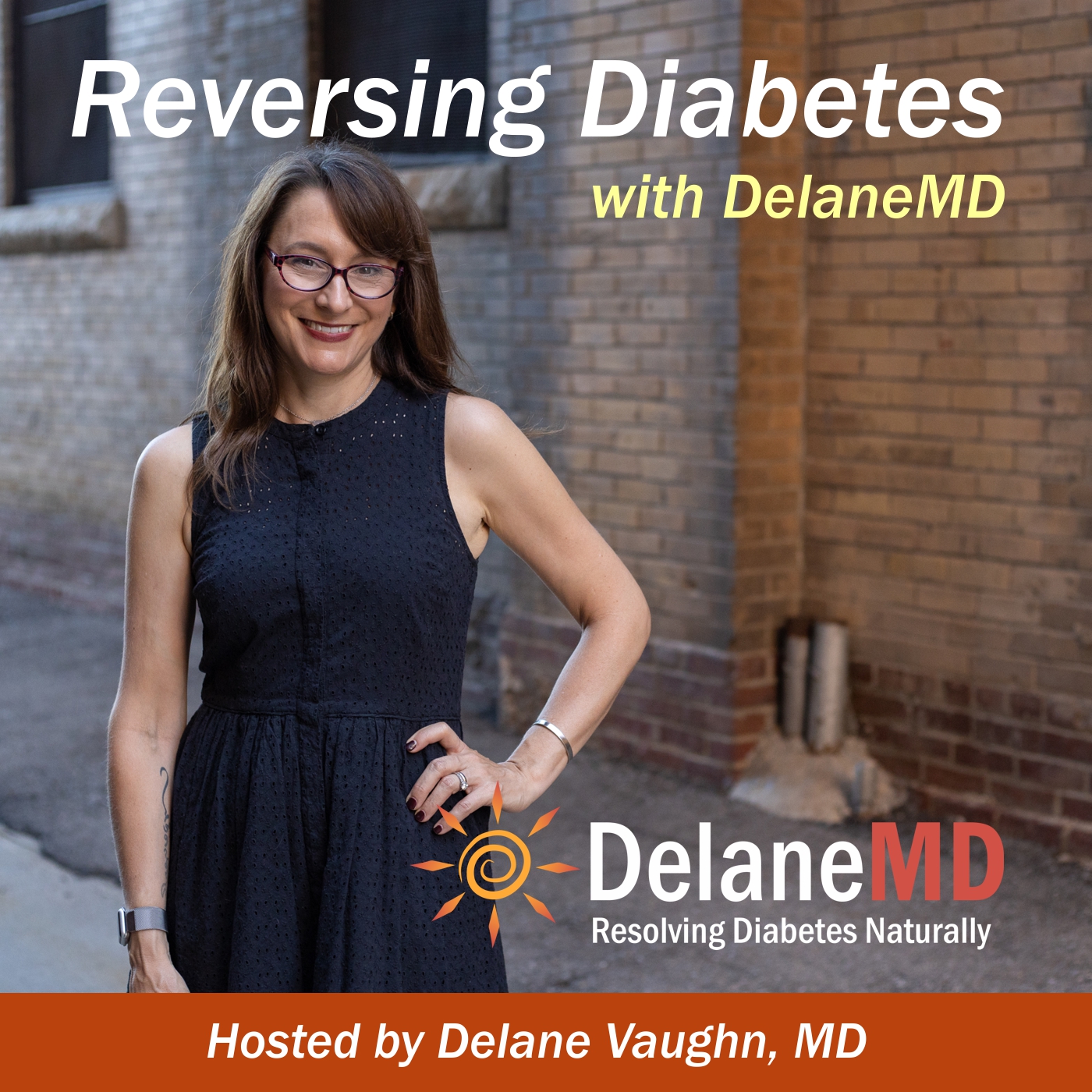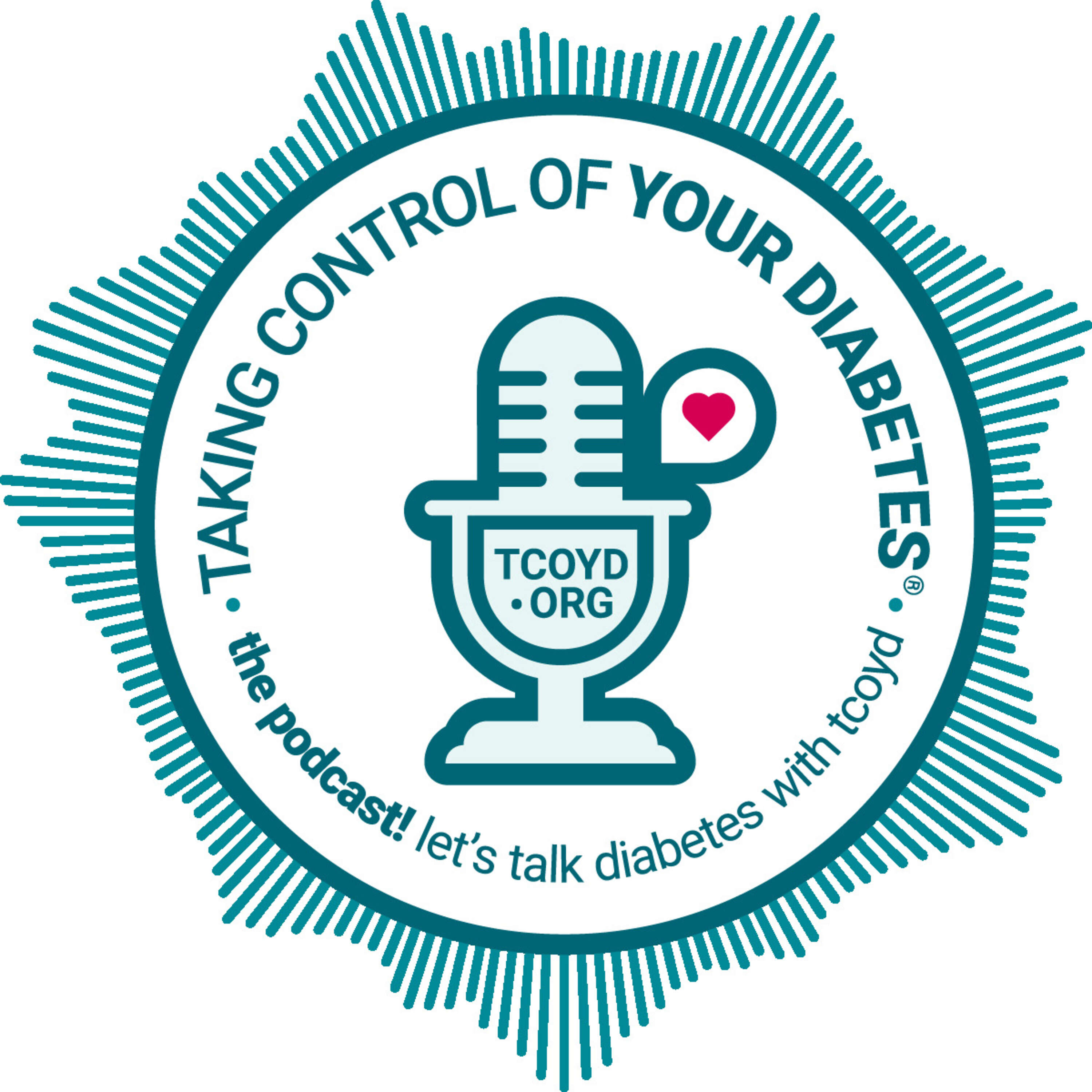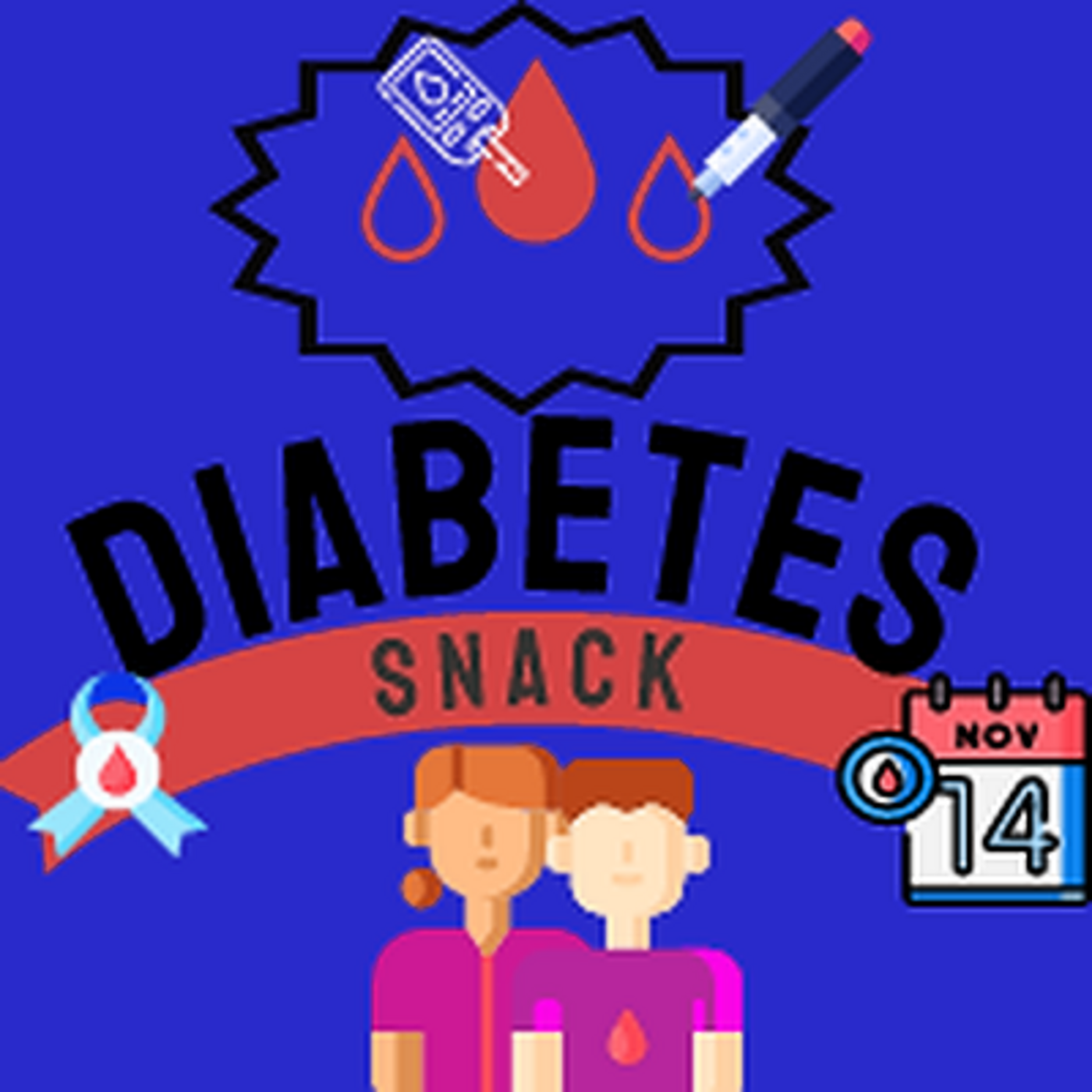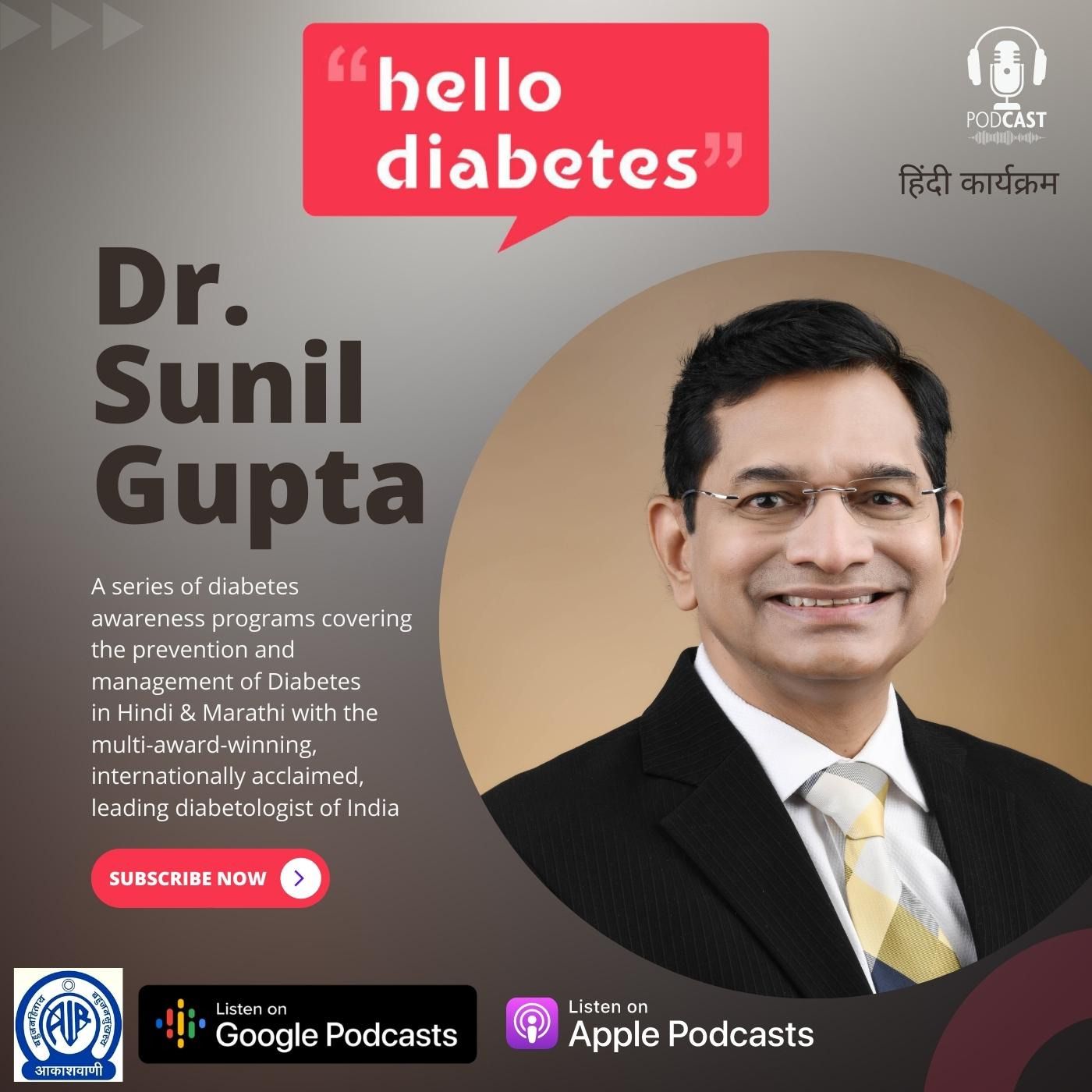Type 1 Diabetes Mellitus
Children and adults with Type 1 Diabetes Mellitus (T1DM) are at high risk of the acute and chronic complications. The acute complications are Hypoglycemia (low sugar attack) and Diabetic ketoacidosis (DKA). Diabetic ketoacidosis (DKA) is a life-threatening problem that usually affects people with T1DM. It occurs when the body starts breaking down fat at a rate that is much too fast. The liver processes the fat into a fuel as ketones, which causes the blood to become acidic. Diabetic Ketoacidosis begins with mild ketosis in a person with T1DM due to their high blood glucose, dehydration, infection or same precipitating cause. It should be checked in urine ( by keto-Diastix ) if fasting glucose is more than 250mg/dl or Postmeal / Random Glucose is> 350 mg/dl or during any episode of vomiting, fever abdominal pain, drowsiness or any sick day symptoms. (Recorded on July 14 2023 at Akashvani Nagpur) Hypoglycemia means when the blood glucose falls to below 70mg/dl, which requires to be corrected by oral glucose or Sweets or any available food. Mild and moderated hypoglycemia can be managed at home, but severe hypoglycemia presents with unconsciousness, abnormal behaviour, seizures or rarely paralysis which needs hospitalization. To prevent hypoglycemia, much effort must be invested in education regarding risk factors, warning signs, and treatment of hypoglycemia at an early stage. Also Diabetic Identity Card (DIC) plays an important role. Every diabetic should have DIC which will help them in emergency conditions to get the immediate treatment.
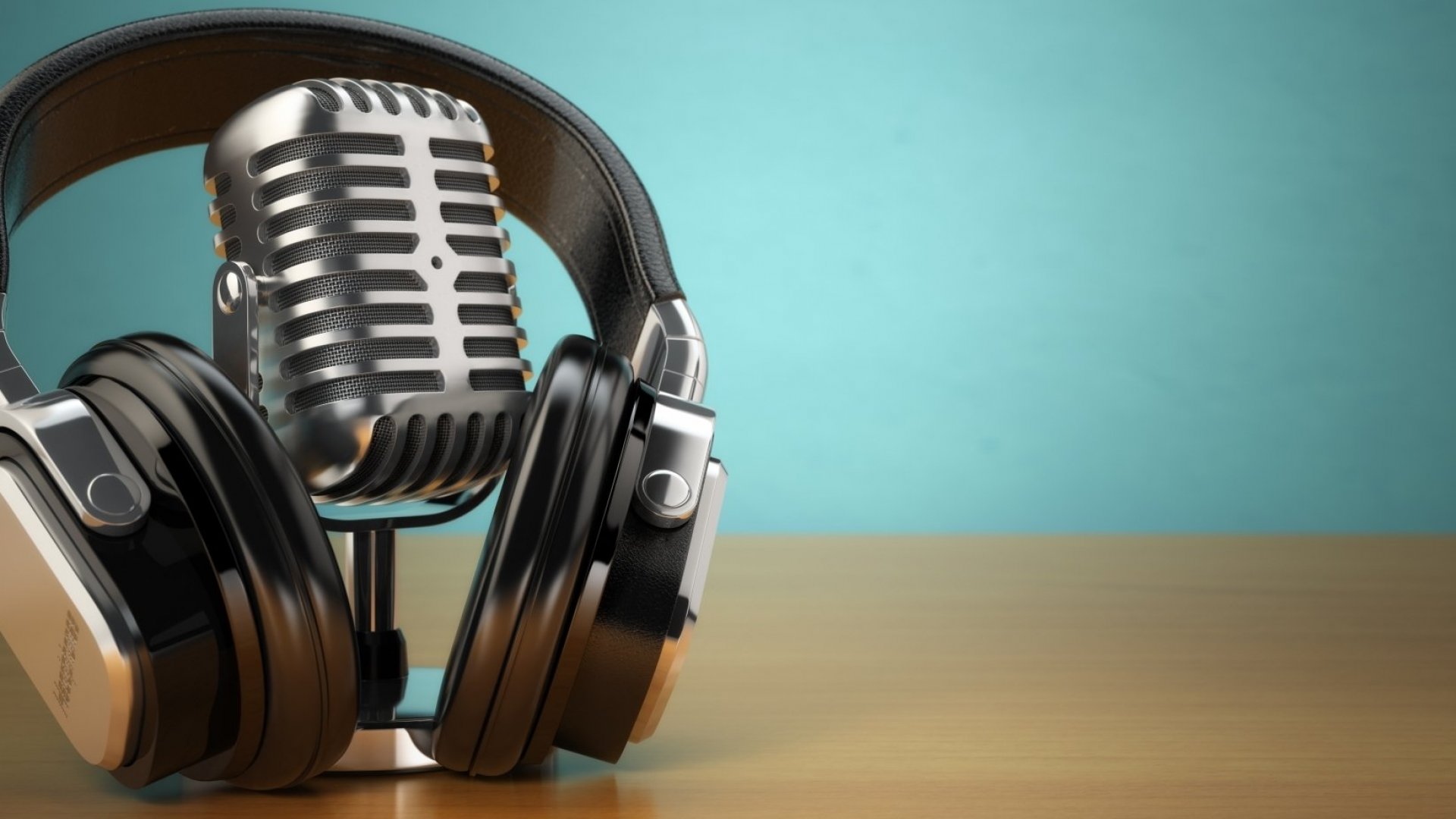
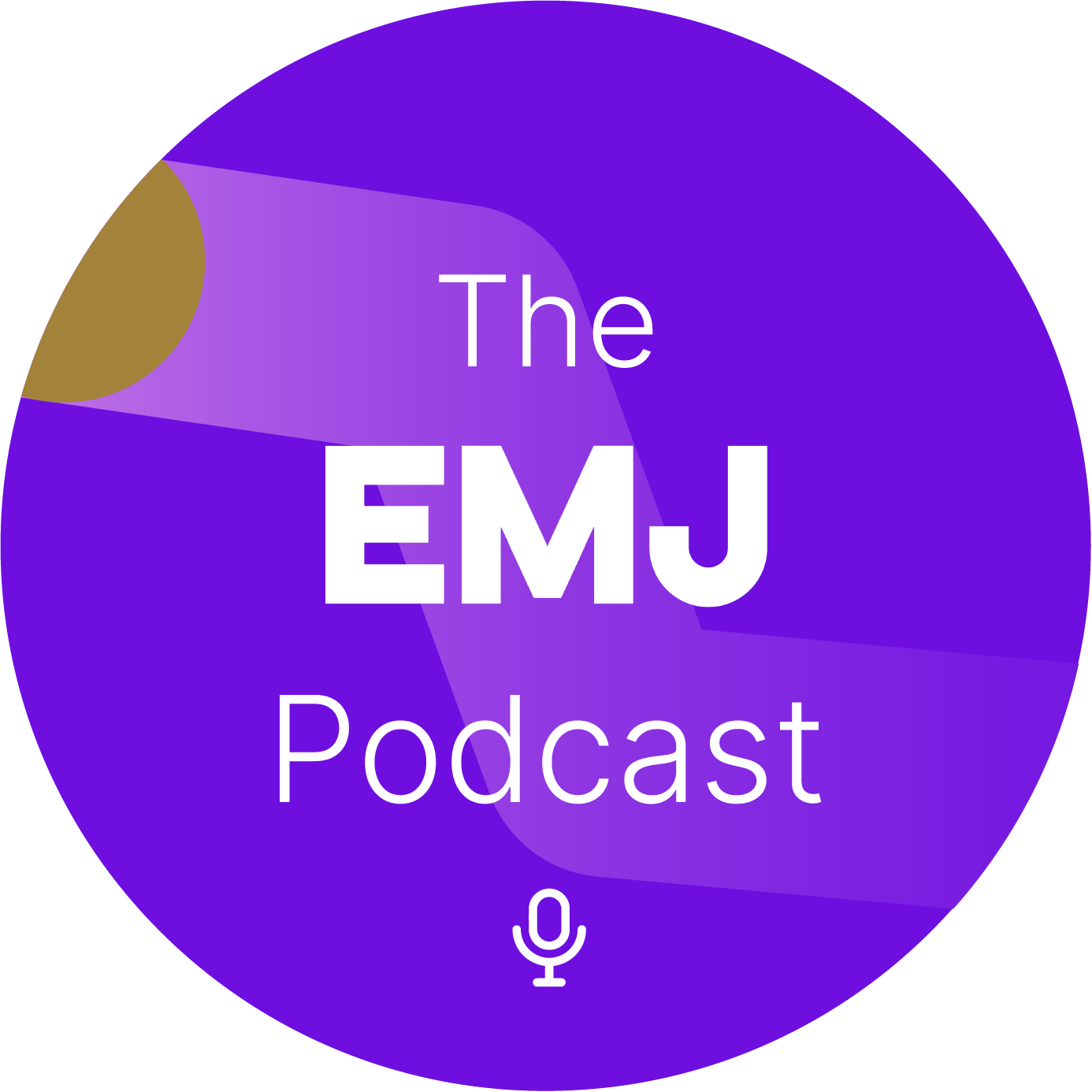
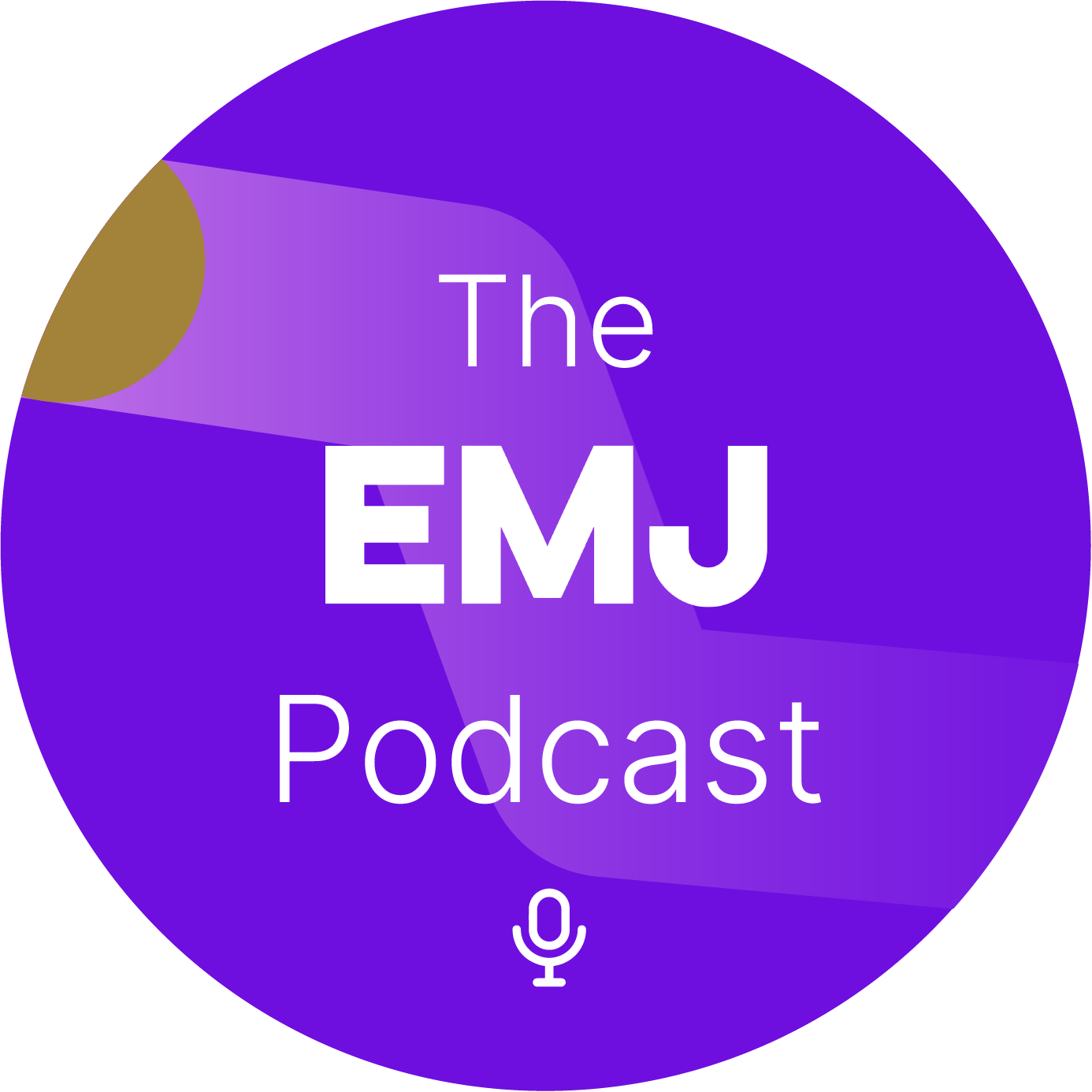

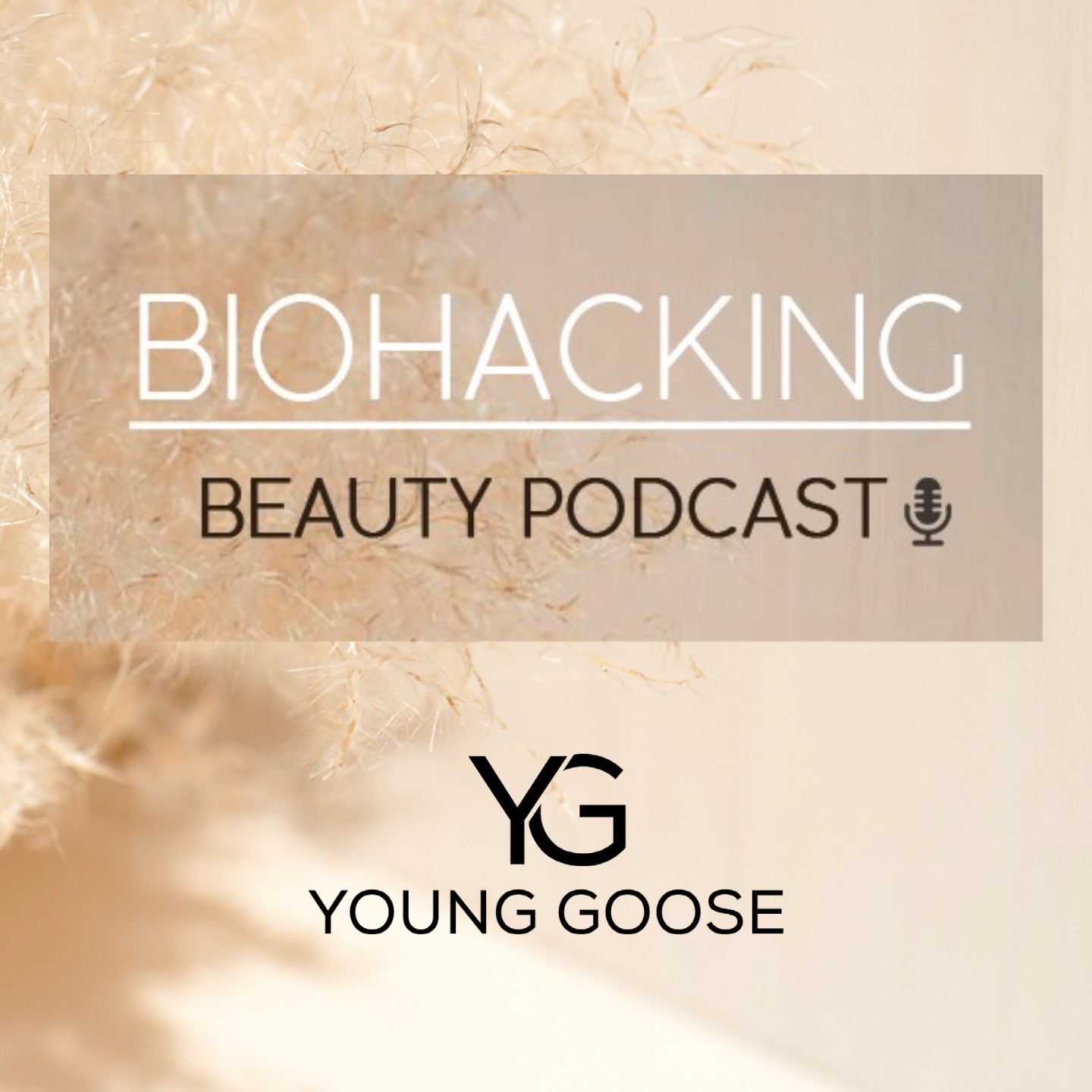
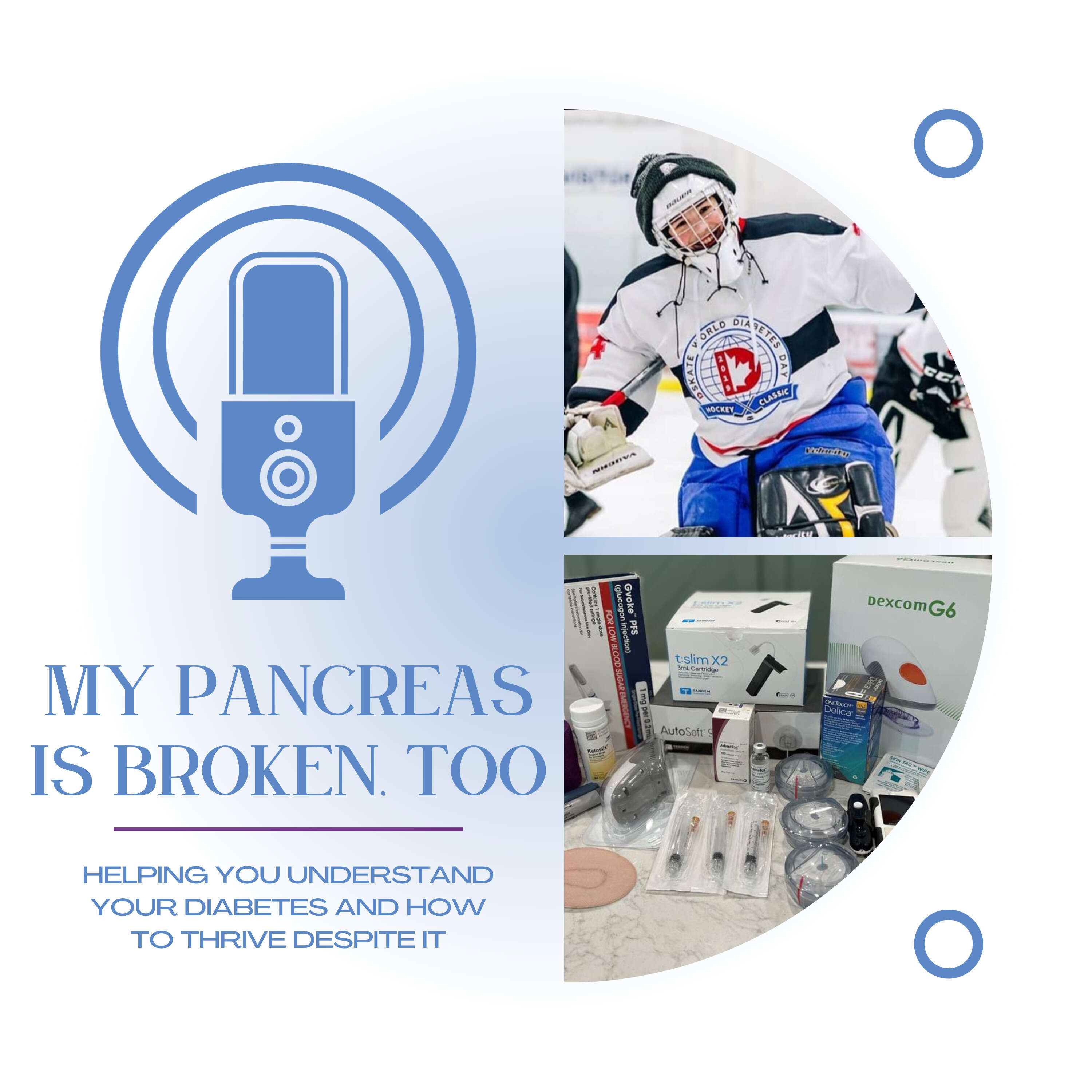
![The Stromcast DOWNUNDER Ep.10: Bodybuilding with Type 1 Diabetes with Darren Dingle [Team Ambition NZ]](https://podyard.s3.amazonaws.com/upload/photos/2023/09/cNA8QH2ILkMMMbic4cIe_27_221d118288b81755d31645e3232b4132_image.jpg)
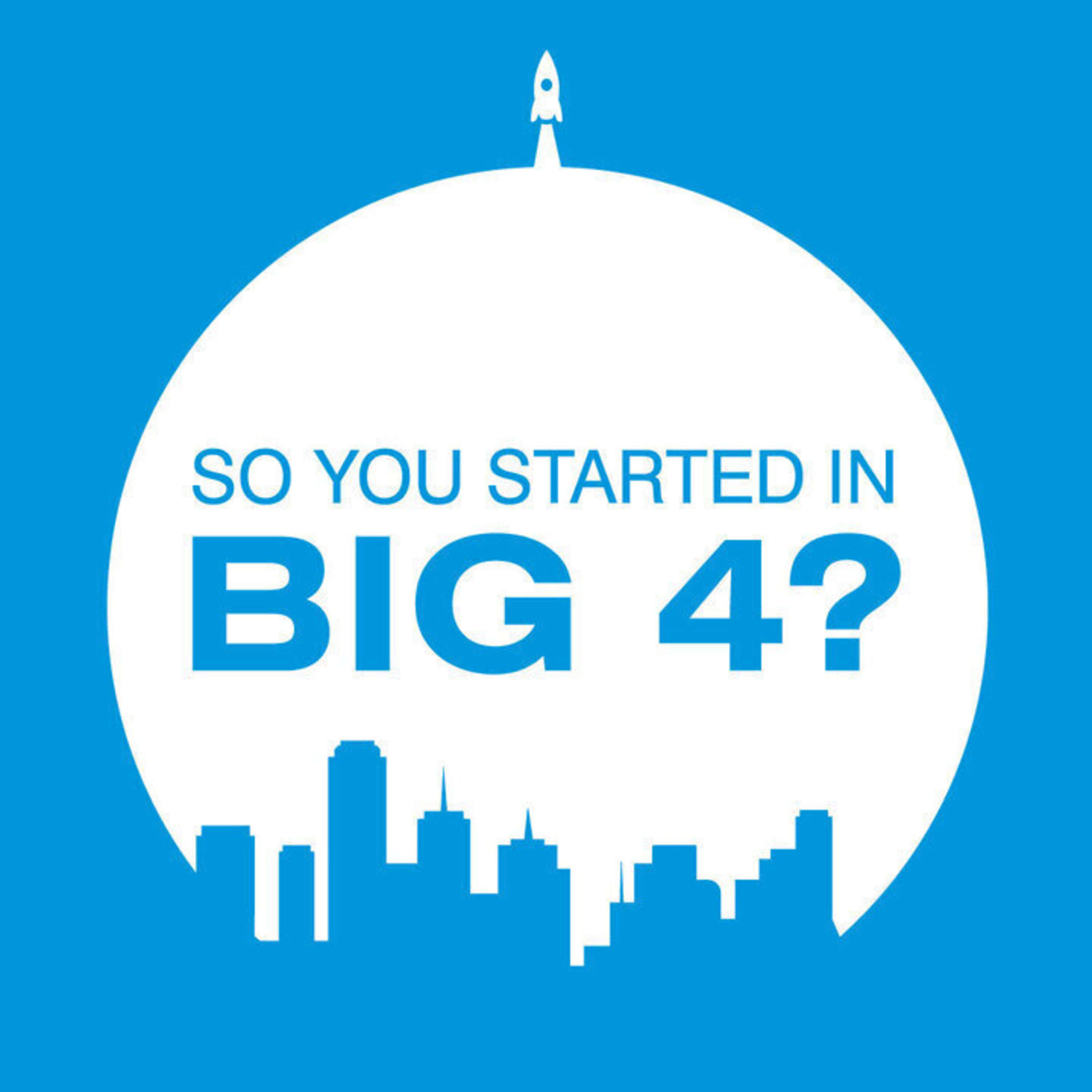
![[MONTHLY SERIES] Connecting to God: Prayer & Your Enneagram Type with Jackie Brewster](https://podyard.s3.amazonaws.com/upload/photos/2023/09/V7DHPdXhptXGr1wdGbFf_26_329e54578bb0b365fe30c824e1d3f28b_image.jpg)

